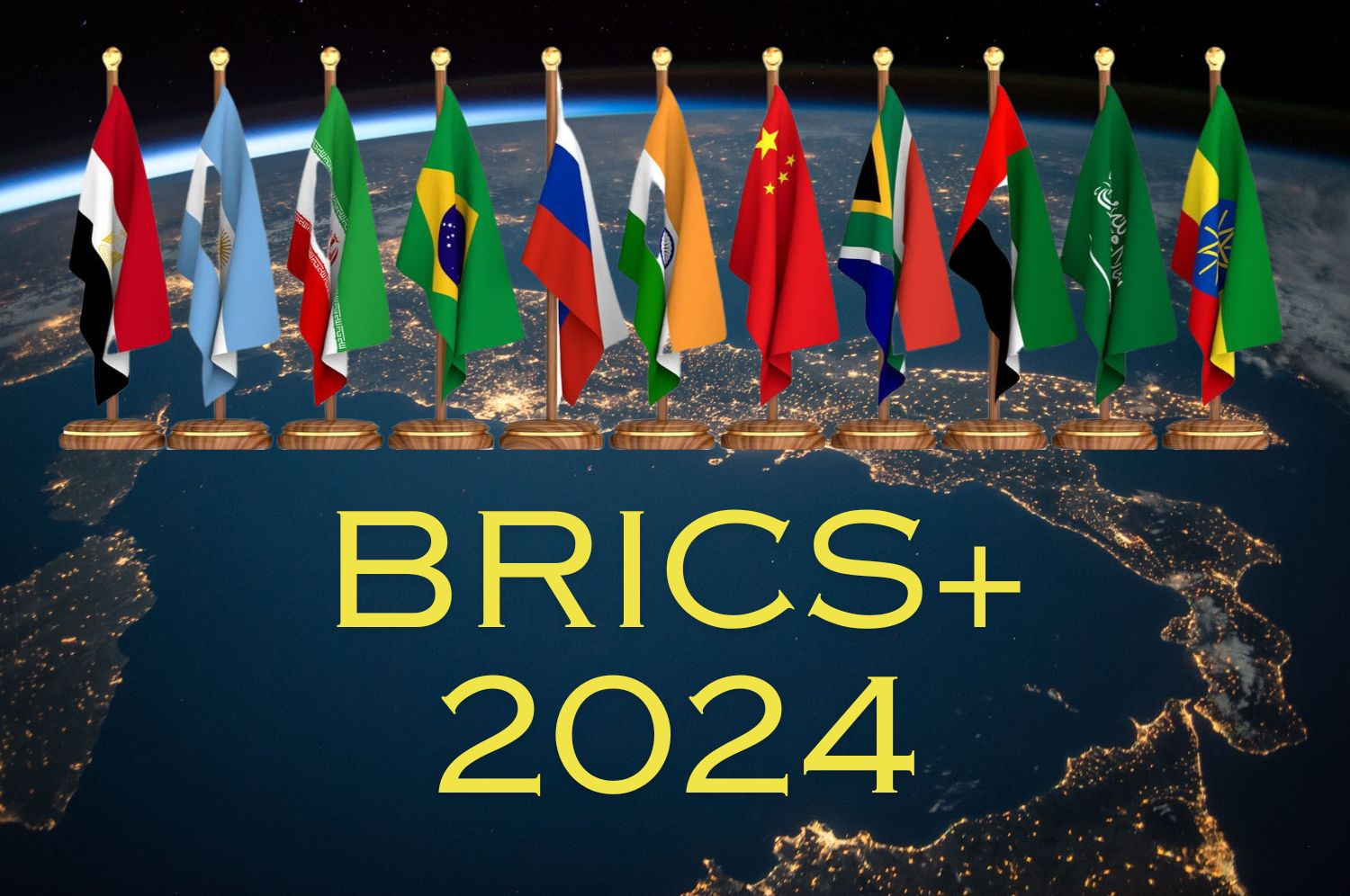
St. Petersburg, September 12 (RHC)-- The Secretary of Iran’s Supreme National Security Council (SNSC) Ali Akbar Ahmadian has called for the establishment of an anti-sanctions alliance to promote trade and financial security among the BRICS group of emerging economies.
Ahmadian made the proposal while addressing a joint meeting of high-ranking security officials from BRICS and the Global South in the Russian city of Saint Petersburg on Wednesday.
The SNSC chief said it is necessary for BRICS and the Global South countries to join hands to ensure security in various fields on the basis of multilateralism and new world order.
“Economic security and dealing with sanctions on energy security, food security, financial security, economic security, maritime security, as well as cultural security, psychological security, cyber security, environmental security, health security and international security, as a whole, require joint cooperation of BRICS and the Global South countries to precipitate structural changes and the formation of efficient and up-to-date institutions based on the new order as soon as possible,” Ahmadian said.
Highlighting the necessity of an anti-sanctions alliance, Ahmadian added, “This approach of BRICS and the Global South countries will play an influential role in creating economic, commercial, and financial security and creating a financial monitoring mechanism ... [to combat] money laundering.”
Touching on growing global enthusiasm for a multilateral world, Iran's top security official said many existing structures and organizations have been held hostage by the US for years.
“International structures and institutions have been taken hostage by the United States and its allies," and not only have they proved inefficient in establishing lasting peace and stability in the world, but they also" used Washington's strategy to expand terrorism and sanctions and create tension on a global level,” he said.
Ahmadian stressed that the international system is on the path of transition from a unipolar one to a more just world and the emergence of a multipolar and cooperative system.
“The decline of U.S. hegemonic power and ambitiousness in different areas of the world and the formation of new power blocs like the Shanghai Cooperation Organization and BRICS herald a new chapter in relations between countries and a better future,” he added.
In an earlier meeting, the SNSC chief hailed the BRICS group of emerging economies, saying the bloc can help create a new security structure that would ensure the international community’s security and future.
The meeting in Saint Petersburg hosted high-ranking representatives in charge of security issues from BRICS+ countries, including Indonesia, Turkey, Kazakhstan, Serbia, Thailand, Belarus, Vietnam, Venezuela, Uzbekistan, Nicaragua, Cuba, Azerbaijan, Bahrain, Bangladesh, Sri Lanka, Mauritania and Laos.
The Islamic Republic officially became a member of BRICS at the beginning of this year, five months after it announced its acceptance as a full member into the group along with Argentina, Egypt, Ethiopia, the UAE and Saudi Arabia.
BRICS was formed by and initially consisted of Brazil, Russia, India, China, and South Africa, which collectively represent around 40% of the global population and a quarter of the world’s gross domestic product (GDP).

